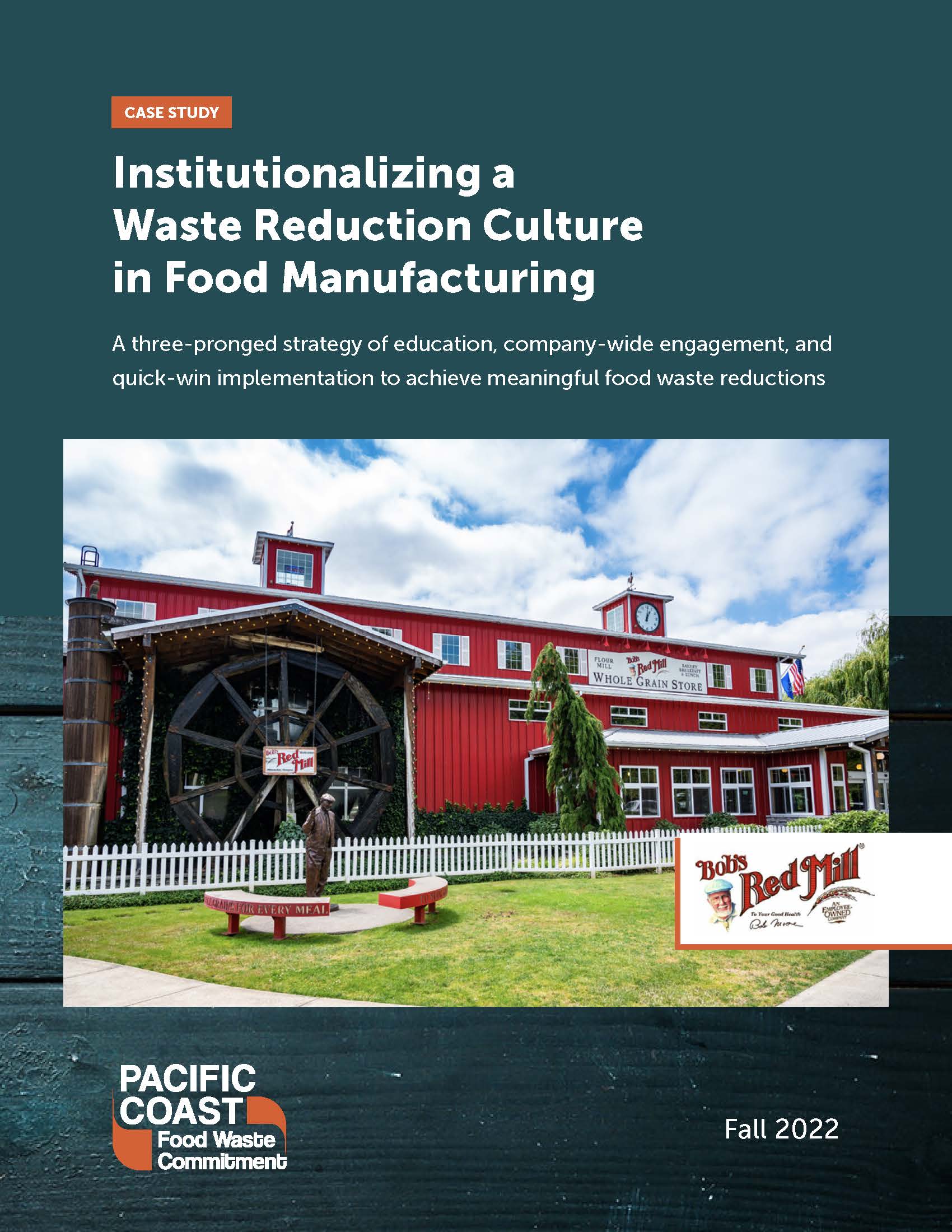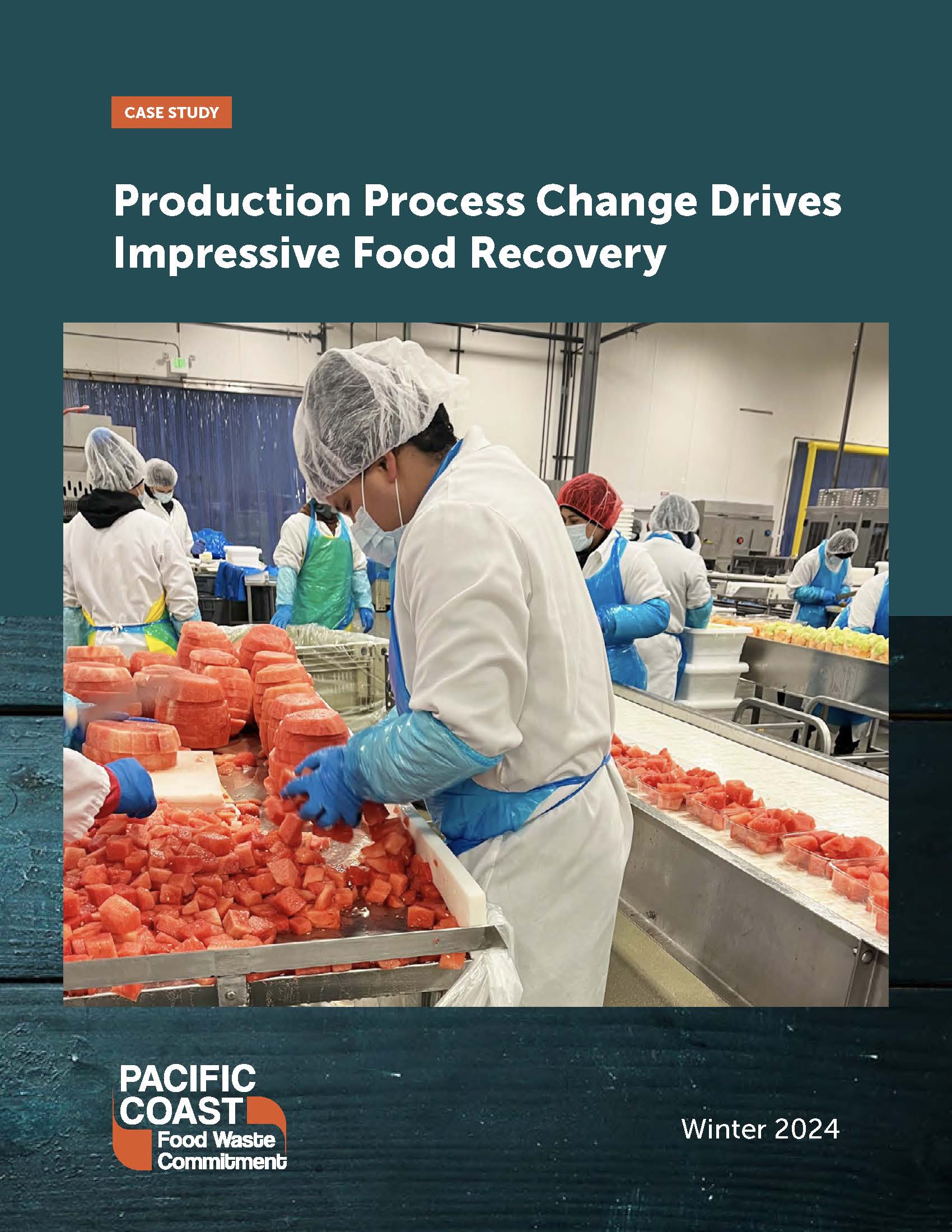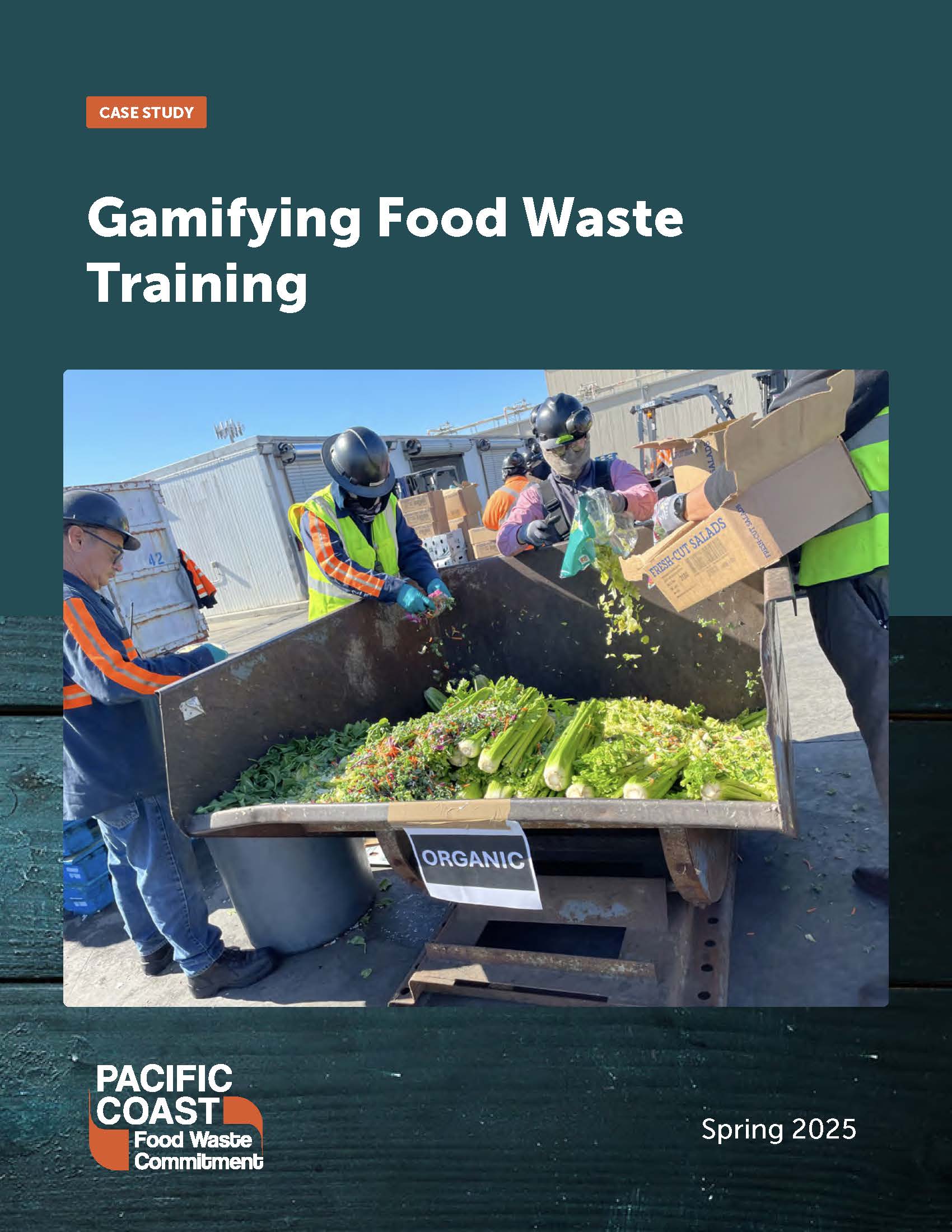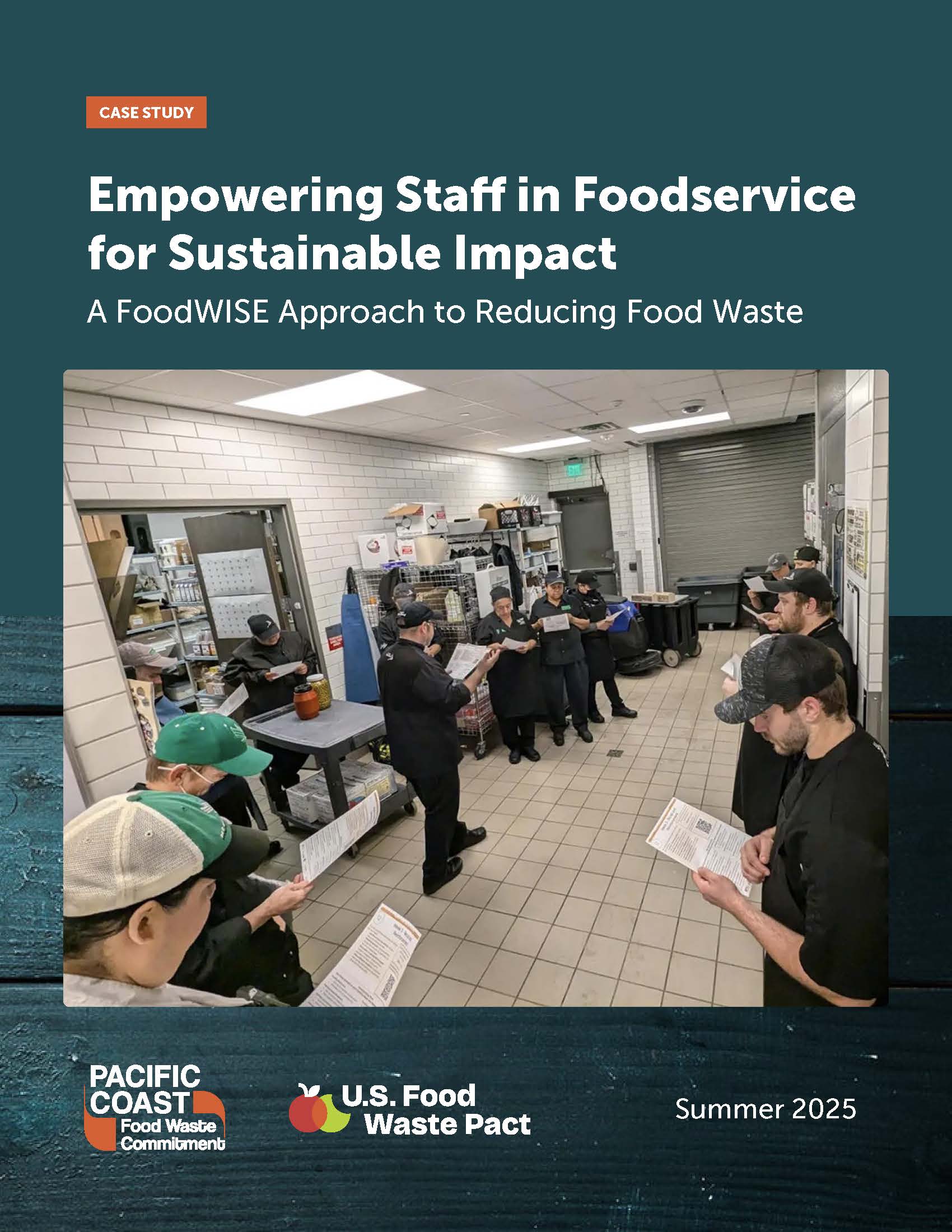Employee Engagement
Food waste is a global issue with significant environmental, social, and economic implications. For food businesses, food waste translates into lost revenue, increased operational costs, and a larger carbon footprint. One of the most effective and sustainable strategies to address this challenge is leveraging the power of employee engagement. When employees are actively involved in efforts to reduce food waste, businesses can unlock innovative solutions, improve operational efficiency, and foster a culture of sustainability.
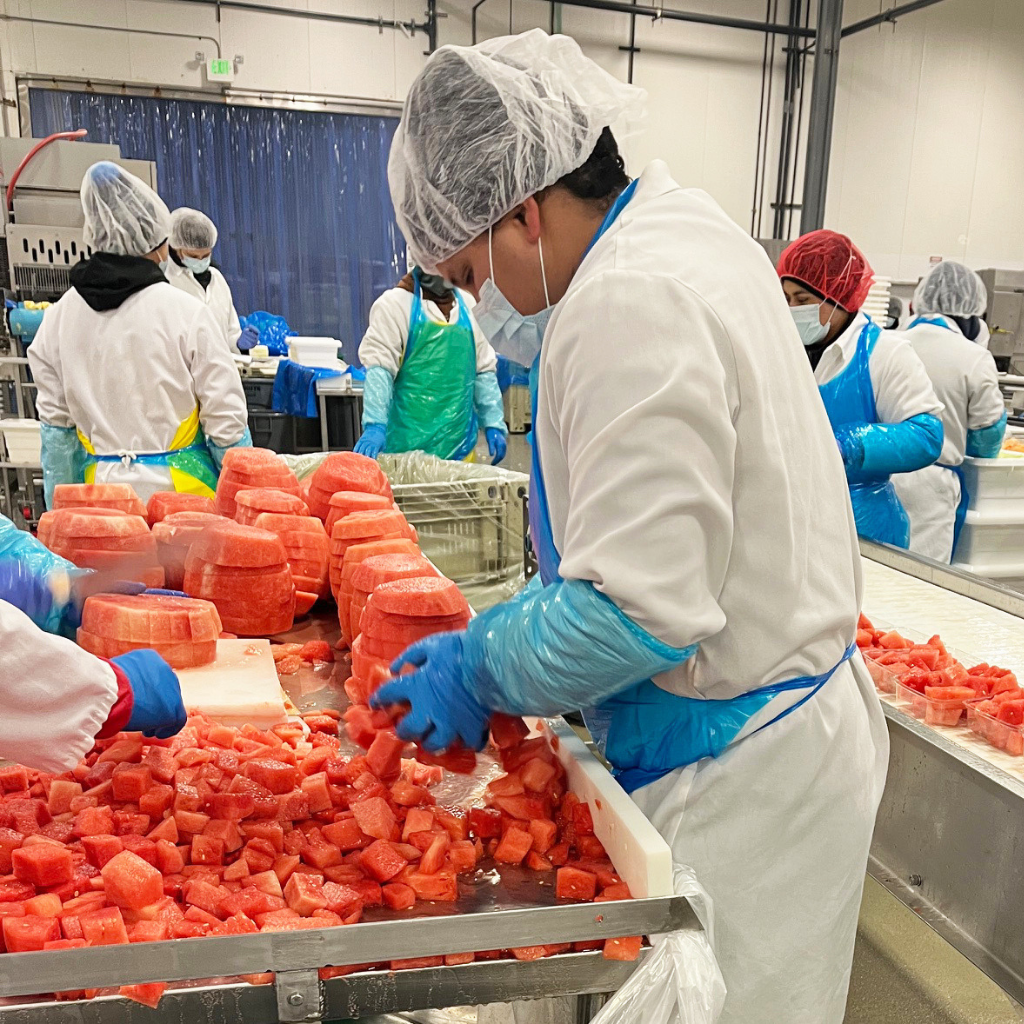
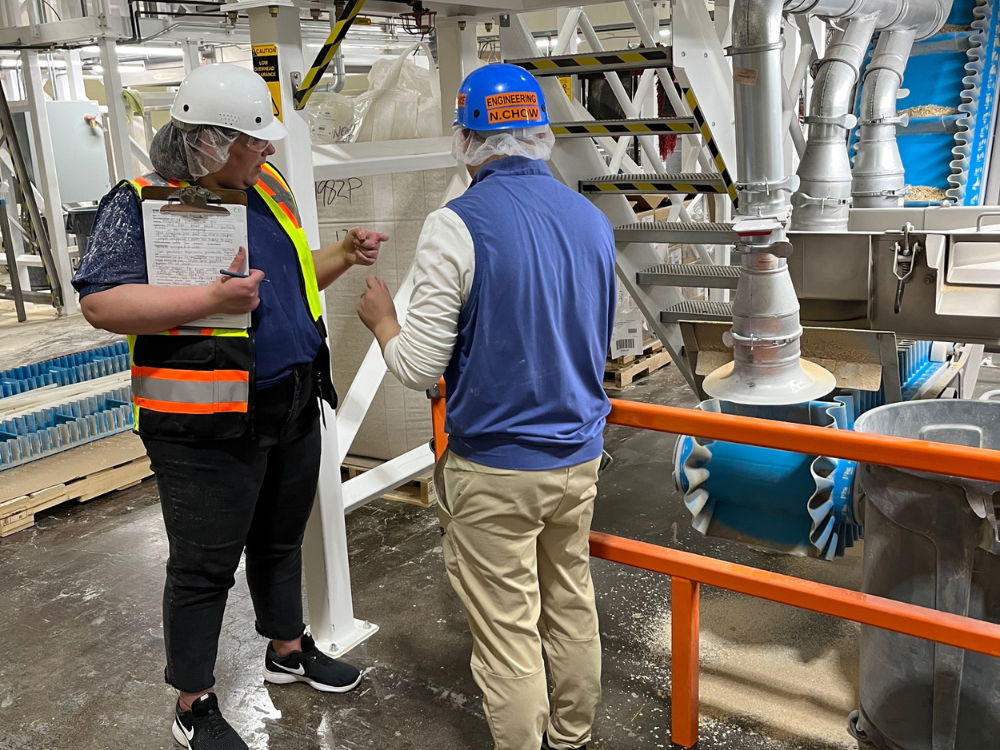

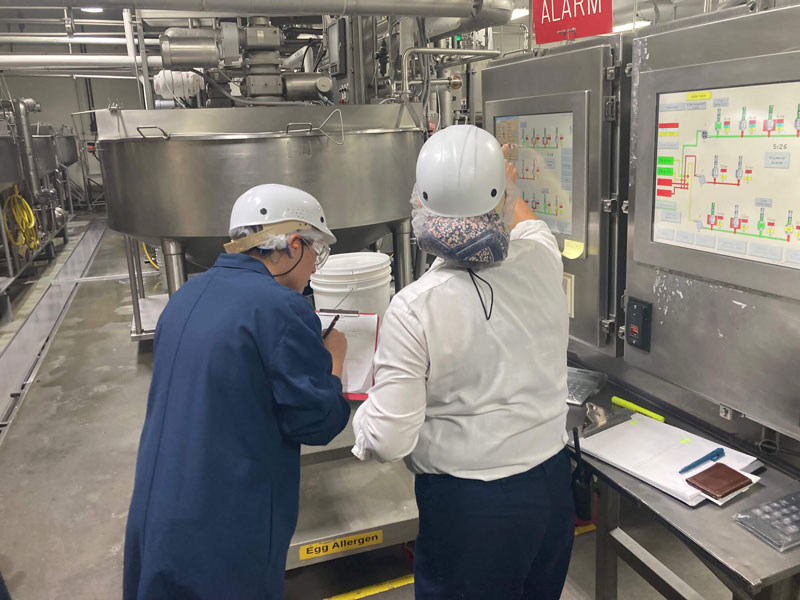
In collaboration with food businesses, the U.S. Food Waste Pact and the Pacific Coast Food Waste Commitment have initiated intervention projects across multiple sectors and businesses. The objective of these pilots is to engage with food business employees and teams to reduce food waste in their daily operations.
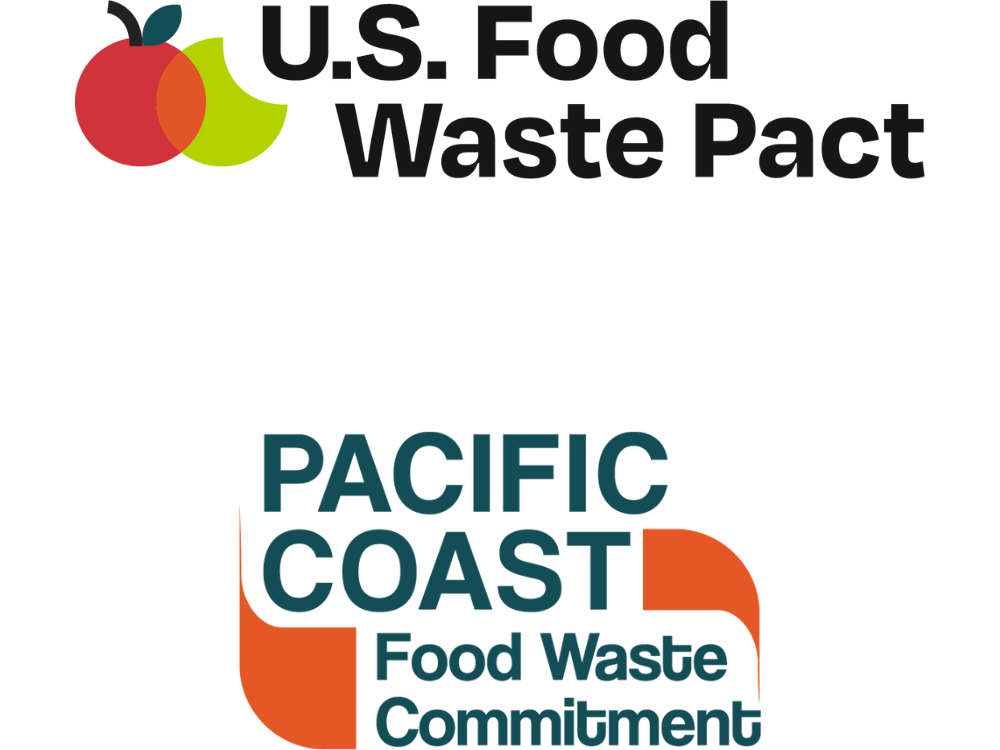
Learn from participants about how employee engagement initiatives have reduced food loss and waste in their daily operations, strengthening a culture of sustainability and inspiring industry-wide action to prevent and reduce food waste within the food supply chain.
Employee Engagement Toolkit
The Employee Engagement Toolkit is an open-source portfolio of materials designed for food businesses of all kinds to pilot their own employee engagement intervention projects to address food waste in their operations.
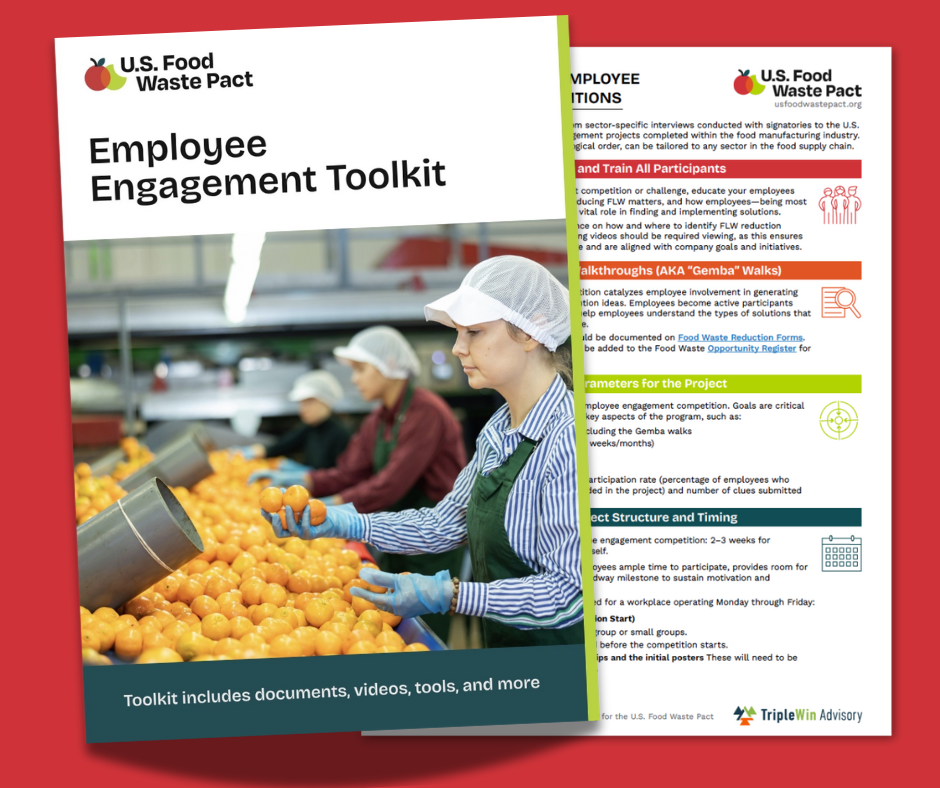
Case Studies
These case studies detail the success of completed intervention projects and how successful an employee engagement strategy can be to reduce food loss and waste.
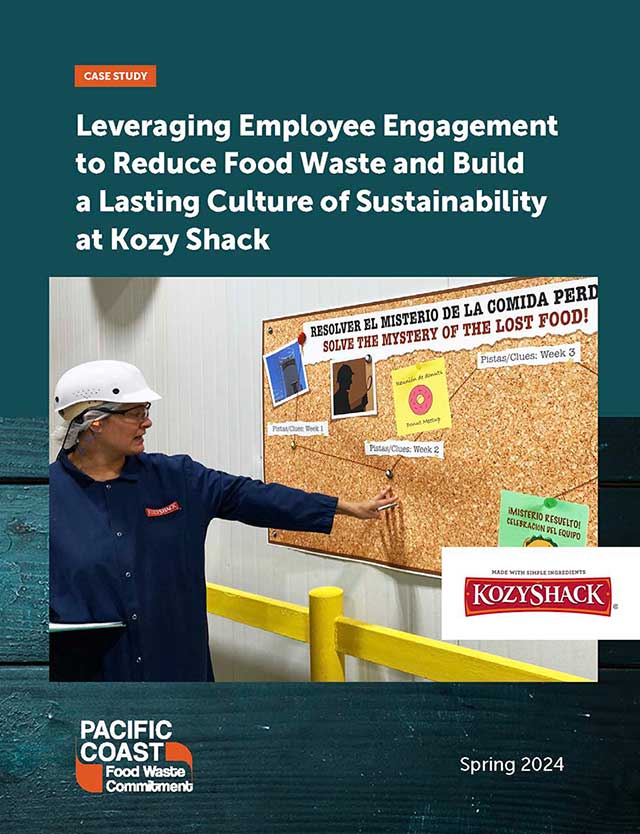
Case Study
Leveraging Employee Engagement to Reduce Food Waste and Build a Lasting Culture of Sustainability at Kozy Shack
June 12, 2024
Employee Engagement:
A Key to Success
Engaging employees in food waste reduction initiatives creates a powerful, organization-wide commitment to sustainability. Employees are often closest to the daily operations where waste occurs and can identify inefficiencies or opportunities for improvement. Empowering them to take ownership of solutions transforms food waste reduction from a top-down mandate into a shared mission.

